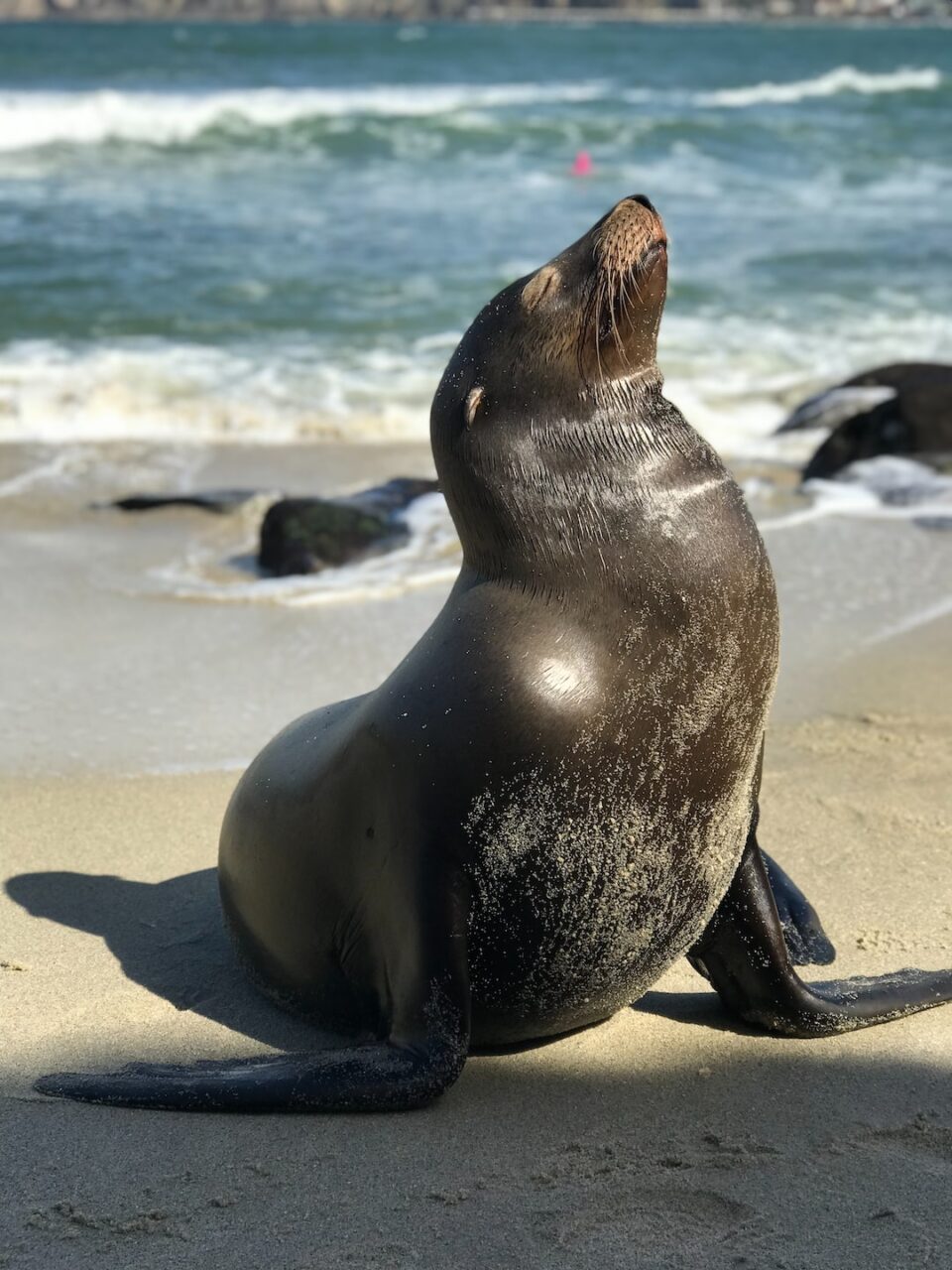Caring for Exotic Pets: What You Need to Know
Exotic pets have become increasingly popular over the years, captivating pet enthusiasts all around the world. From small reptiles to furry mammals, there is a wide range of exotic animals that people consider as their companions. However, caring for these unique creatures requires a special level of attention and knowledge. In this blog post, we will discuss the essential factors you need to consider when caring for exotic pets.
1. Research and Educate Yourself
Before welcoming an exotic pet into your life, it is crucial to research and educate yourself on the specific species you are interested in. Each exotic pet has different requirements, including dietary needs, environmental conditions, and social interaction. For instance, if you are considering a snake, you would need to know the ideal temperature range for its enclosure and what type of food it requires. This background knowledge will help ensure a healthy and fulfilling life for your pet.
2. Create a Suitable Environment
Exotic pets often have unique housing requirements that differ significantly from traditional pets. When setting up their enclosure or habitat, it is important to mimic their natural environment as closely as possible. For example, a chameleon necessitates an enclosure with live plants, controlled humidity, and a UVB light source to mimic its wild habitat accurately. By providing your exotic pet with a suitable environment, you can help them feel comfortable and reduce stress.
3. Adequate Nutrition
Proper nutrition is crucial for the health and well-being of your exotic pet. It is essential to provide a balanced diet that meets their specific dietary needs. Different exotic animals have different nutritional requirements based on their natural diet. Some pets might require a combination of fresh fruits, vegetables, and insects, while others may need a specialized formulated diet. Consulting with a veterinarian who specializes in exotic animals can help you determine the appropriate diet for your pet.
4. Regular Veterinary Care
Exotic pets, just like traditional pets, require regular veterinary check-ups. Finding a veterinarian with expertise in exotic animal care is vital for your pet’s health. These specialists are equipped with the knowledge and experience to provide necessary vaccinations, parasite control, and preventive care. Regular check-ups can help detect any medical issues early on and ensure the overall well-being of your exotic pet.
5. Socialization and Enrichment
Many exotic pets are highly social creatures and require regular interaction and mental stimulation. This can be achieved through socialization with their human companions, as well as providing appropriate toys and enrichment activities. For example, birds need ample flying space and toys to play with, while primates thrive on social interaction and mental challenges. Ensuring proper socialization and enrichment keeps your exotic pet mentally stimulated and prevents behavioral problems.
6. Legalities and Ethical Considerations
Before bringing an exotic pet home, it is essential to research the legalities and ethical considerations surrounding the ownership of that particular species. Some exotic animals are protected by law and cannot be kept as pets. Additionally, some species may be at risk in their native habitats and should not be taken from the wild. It is important to always source your exotic pet from reputable breeders or adopt from rescue organizations.
7. Commitment and Time
Caring for an exotic pet requires commitment and time. Many exotic animals have long lifespans and can live for several decades. Before deciding to bring one into your home, ask yourself if you are prepared to commit to their long-term care. Exotic pets require daily attention, regular cleaning of enclosures, and specialized care that may be more time-consuming than taking care of traditional pets.
In conclusion, caring for exotic pets can be a rewarding experience, but it also comes with extra responsibilities. Thorough research, appropriate housing, nutrition, and veterinary care are essential for their well-being. It is also important to remember that these creatures have specific social and enrichment needs. By following these guidelines and ensuring you are legally and ethically responsible, you can provide a happy and healthy life for your exotic companion.

